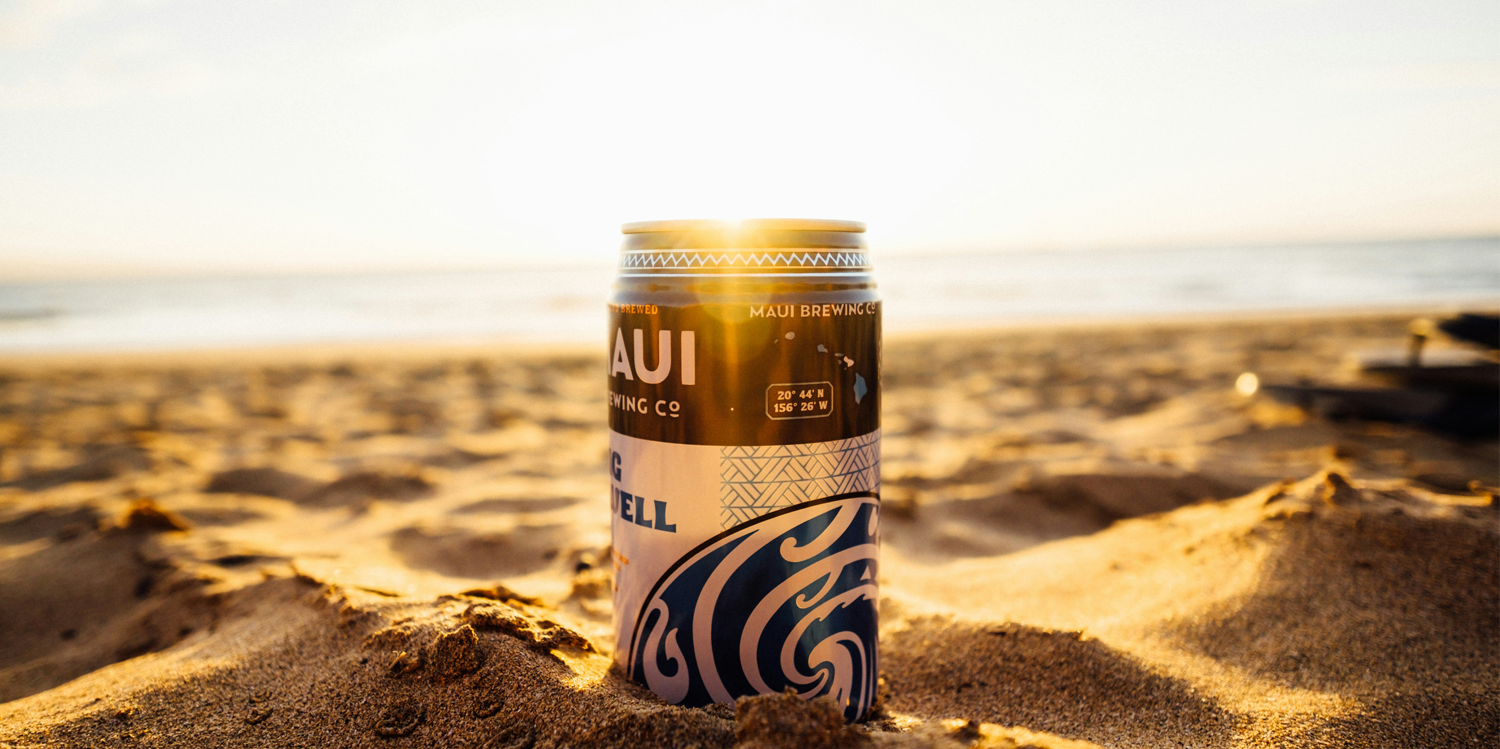It is the season for Christmas parties, mince pies and a cheeky tipple, but researchers are warning us not to be fooled by dodgy alcohol marketing that claim some drinks are healthier.
While we may try to make healthier decisions by opting for low sugar or low carb food and drink, the same cannot be said for booze.
Research from The George Institute for Global Health found consumers are up to three times more likely to think alcoholic drinks with sugar or carb related claims were healthier.
The effect was strongest among 18- to 24-year-olds, potentially offsetting recent gains in reducing harmful levels of drinking in this age group, they said.
Dr Alexandra Jones, food governance program lead at the institute, said there was no such thing as a healthy option when it comes to alcohol.
“Given the sophisticated marketing tactics the alcohol industry deploys to promote low sugar or low carbohydrate levels on labelling and in multimillion-dollar, multi-channel advertising campaigns, it’s easy to see how consumers are persuaded these products are healthier options.
“But no matter how pretty the packaging, the alcohol inside is still a much more serious health concern than the small amount of sugar or carbohydrates involved.
“The irony is that alcohol itself is higher in calories than sugar or carbs.”
Promoting sugar or carb levels on premix, cider, beer, spirits and wine products is becoming an increasingly common practice on products targeted at younger drinkers, as the industry tries to counter declining use in this group.
In 2022-23 the proportion of people aged 18-24 who drank alcohol monthly decreased from 34% to 29%, the first decrease since 2010, according to the National Drug Strategy Household Survey 2022-23.
To test the effect of advertising, researchers showed participants images of mock products with no sugar or carb claims followed by the same products displaying common sugar and carb claims. The adverts were designed to mimic real-world labels to compare perceptions of healthiness.
The results found that overall respondents were more likely to view alcohol as a healthy option when packaging displayed low-sugar or low-carbohydrate claims.
Further results indicate that:
- Those who first viewed products without sugar claims were three times more likely to consider them healthy when low or zero sugar claims were added
- Those who first saw products without carbohydrate claims were twice as likely to consider them healthy after seeing the same products with low or zero carb claims
- These effects were 1.5 times stronger among younger respondents (18-24 years) than older respondents (25 years and over)
Alcohol Change Australia executive officer Natalie Stapleton said the findings were concerning given the significant harms linked to alcohol products in Australia.
“This survey and other recent research by Cancer Council add to increasing evidence that nutrition claims on alcohol can mislead consumers into thinking products that bear claims are healthier and less harmful to health.”
Alcohol can lead to heart attack and stroke, has been associated with anxiety and depression, and can disrupt sleep patterns. It can also interfere with the effects of medicines and prolonged use can have long-term effects on brain function, including memory.
That doesn’t mean you can’t enjoy the occasional beer or prosecco this Christmas, but it does mean the rules around drinking responsibly still apply.
Australia’s alcohol guidelines recommend a healthy adult drink no more than 10 standard drinks a week, and no more than four standard drinks on any one day.
That’s around 6 glasses of wine or 6 pints of full-strength beer per week.
More information on standard drink sizes can be found here: www.health.gov.au/topics/alcohol/about-alcohol/standard-drinks-guide


